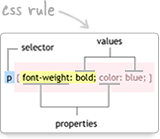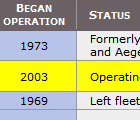However, if all you are trying to do is stop your current Node process so that you can start a different one on the same port, then you don’t need to reboot your droplet at all. You can find the process id of the Node process and kill it from the command line. For example, if you started your process with
nohup node index.js &
then:
ps -ef | grep node
root 9560 9526 13 06:30 pts/0 00:00:00 node index.js
The 2nd column is the process id. You can terminate the process with the kill command:
kill 9560
kill -9 9560
npm install pm2@latest -g
pm2 start index.js
Then:
pm2 ls
pm2 restart index.js
pm2 stop index.js
pm2 delete index.js
An advantage of pm2 over nohup is that if your Droplet reboots for some reason, pm2 will bring your Node process back up automatically.

















































Post a Comment
Note: Only a member of this blog may post a comment.